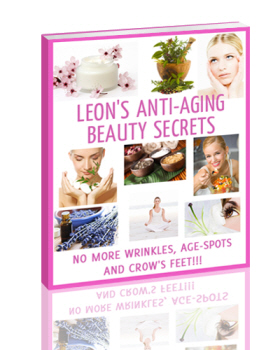Hard Water and Acne Breakouts
August 24, 2009 by Teddy Michaels
Filed under Skin Care
There is little end in sight on the long journey to find a cure for acne. Although more innovative approaches to combating the skin condition are constantly being introduced, millions upon millions of adults and teens continue to be plagued by this debilitating disease. Most skin care professionals will readily admit that thousands of factors can contribute to the development of acne. For instance, the particular shampoo you use to wash your hair, as well as the detergent you use to clean your clothes can have some bearing on your skin’s health. What few people fail to notice is that the most basic substance that comes into contact with our skin may be contributing to acne breakouts. This substance is none other than water. Like it or not, water is something that we constantly use to cleanse our skin. Could water be potentially responsible for cases of acne that have been non-response for treatment? Perhaps.
For the purposes of this article, there are only two broad categories of water with which we are concerned with: hard and soft water. Hard water is a term used to describe water with a high mineral content. It is the most common type of water distributed to homes in the United States. This form of water comes with some baggage, namely hard water deposits and soap scum. These nuisances can render bathroom fixtures quite unsightly. If this water has so many drawbacks, why is it in such widespread use? For starters, it is far less corrosive than soft water. It doesn’t require any expensive treatment for preparation like soft water does. Hard water collects minerals, predominantly Calcium and Magnesium, as it flows through the ground.
Soft water contains only negligible amount of minerals. It is available in a certain regions in the United States, and is unfavorable for its corrosive nature. The process through which hard water becomes soft water is known as distillation. The hard water is boiled, and the pure vapor is collected. Although a seemingly simple process, distillation can be an expensive process to implement.
Hard water can be extremely problematic when it comes to skin care. Water is meant to combine with soap and form a lather, as to provide a cleaning effect. This reaction is difficult to achieve with hard water unless harmful additives are included in the soap. Soap fails to properly lather under hard water, and instead forms what most us know as soap scum. This soap scum is not only present on our shower doors and tiling, but also our skin. Since hard water cannot effectively rinse soap, the soap scum creates a layer on our skin, leaving it irritated and acne prone.
The unfavorable effects of hard water can be reduced or eliminated by taking some simple steps. A more costly option involves implementing a water softening system in your home. Water softeners substitute Sodium ions for the minerals present in hard water. A cheaper solution entails replacing shower heads and other bathroom fixtures regularly, as to prevent added hardening of water from accumulated mineral deposits. Purchasing bottled water to cleanse your face with (such as distilled water) is also an affordable option. The water can be used in conjunction with a spray bottle for more convenience.


